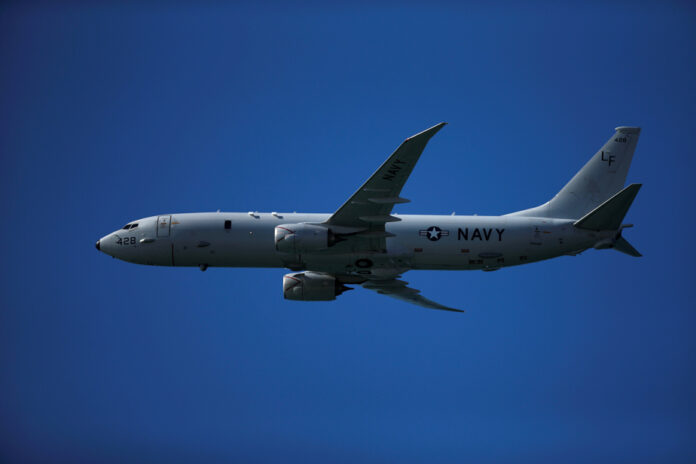(Ottawa) The Trudeau government says it will take into account Boeing’s past moves in the United States that have harmed Canadian businesses before awarding the lucrative contract to replace the aging fleet of Boeing planes. Aurora surveillance of the Royal Canadian Air Force.
This contract is valued at $9 billion and Ottawa is toying with the idea of awarding it to Boeing without a call for tenders on the grounds that the American company would be the only one able to build the surveillance planes in question within the stipulated deadline. .
However, Bombardier maintains tooth and nail that it has the know-how and the capacity to build such state-of-the-art devices within the required deadlines, and the company demands that Ottawa launch a proper call for tenders. form instead of awarding a private contract to Boeing to purchase 16 P-8A Poseidon aircraft.
Asked about the so-called “Boeing” clause – the name given to an Ottawa directive adopted in 2017 to penalize foreign companies that have damaged Canada’s economic interests by carrying out trade disputes – the Ministry of Public Services and Supply indicated to La Presse that it applies in this matter.
“The economic impact assessment for major military and Canadian Coast Guard supplies is still in effect, and applies to the replacement of the CP-140 aircraft fleet,” said Alexandre Baillargé-Charbonneau, spokesperson. of the Ministry.
“Discussions regarding the replacement of the CP-140 Aurora aircraft fleet continue and no decisions have been made. The final decision will be based on Canada’s assessment of the capacity offered, availability, price and impact on Canadian businesses and communities,” he added.
According to Bombardier, maintaining the “Boeing clause” justifies more than ever that Ottawa is launching a call for tenders.
“The only way for the Government of Canada to follow the procurement policies in place and properly assess the economic impacts is to opt for a fair, open and transparent procurement process. We are requesting the launch of a call for tenders to allow a rigorous analysis of the proposed platforms so that Canada selects the solution representing the best value for the Canadian government, National Defense and Canadian taxpayers,” indicated Arevig Afarian, company spokesperson.
The Trudeau government adopted such a clause after the US Department of Commerce decided to impose punitive duties of 300% against Bombardier following a complaint from the American giant. In its complaint, Boeing alleged that it had suffered harm due to government subsidies awarded to its Quebec competitor which allowed it to offer prices considered derisory to Delta Air Lines to secure an order for 75 CS100 aircraft in 2016.
But Boeing suffered a bitter setback before the U.S. International Trade Commission, which overturned the punitive duties a few months later.
While the Trudeau government was studying military procurement contracts, it decided to send a warning to the Boeings of the world.
In 2017, Ottawa announced that the evaluation of bids for the competition to replace Canada’s fighter jets would include an assessment of the impact of bidders on Canada’s economic interests and that any bidder that harmed Canada’s economic interests of Canada would be at a disadvantage.
This policy was reaffirmed in Finance Minister Chrystia Freeland’s 2021 budget for major Defense and Coast Guard procurements going forward.
“Companies that have harmed Canada’s economic interests through trade challenges will have their points deducted from their bid score at a level proportional to the severity of the economic impact, up to a maximum penalty. This policy will protect Canada’s economic interests and ensure that the government does business with trusted partners who value their trading relationship with Canada,” the 2021 budget read.
Two weeks ago, the Defense committee, which examined Ottawa’s efforts to replace surveillance planes, adopted a motion urging the Trudeau government to hold a call for tenders, as demands Bombardier.
This motion was adopted after a statement released by the Premier of Quebec, François Legault, and the Premier of Ontario, Doug Ford, also urging Ottawa to rule out the idea of granting such a contract without holding an appeal of offers.
According to the Bloc Québécois, the existence of the “Boeing clause” demonstrates more than ever the importance of holding a call for tenders.
“It’s a company that has been able to hurt our industry in the past. We still do not understand Ottawa’s obstinacy in wanting at all costs to hand over the surveillance plane contract,” said Bloc MP Simon-Pierre Savard-Tremblay.





